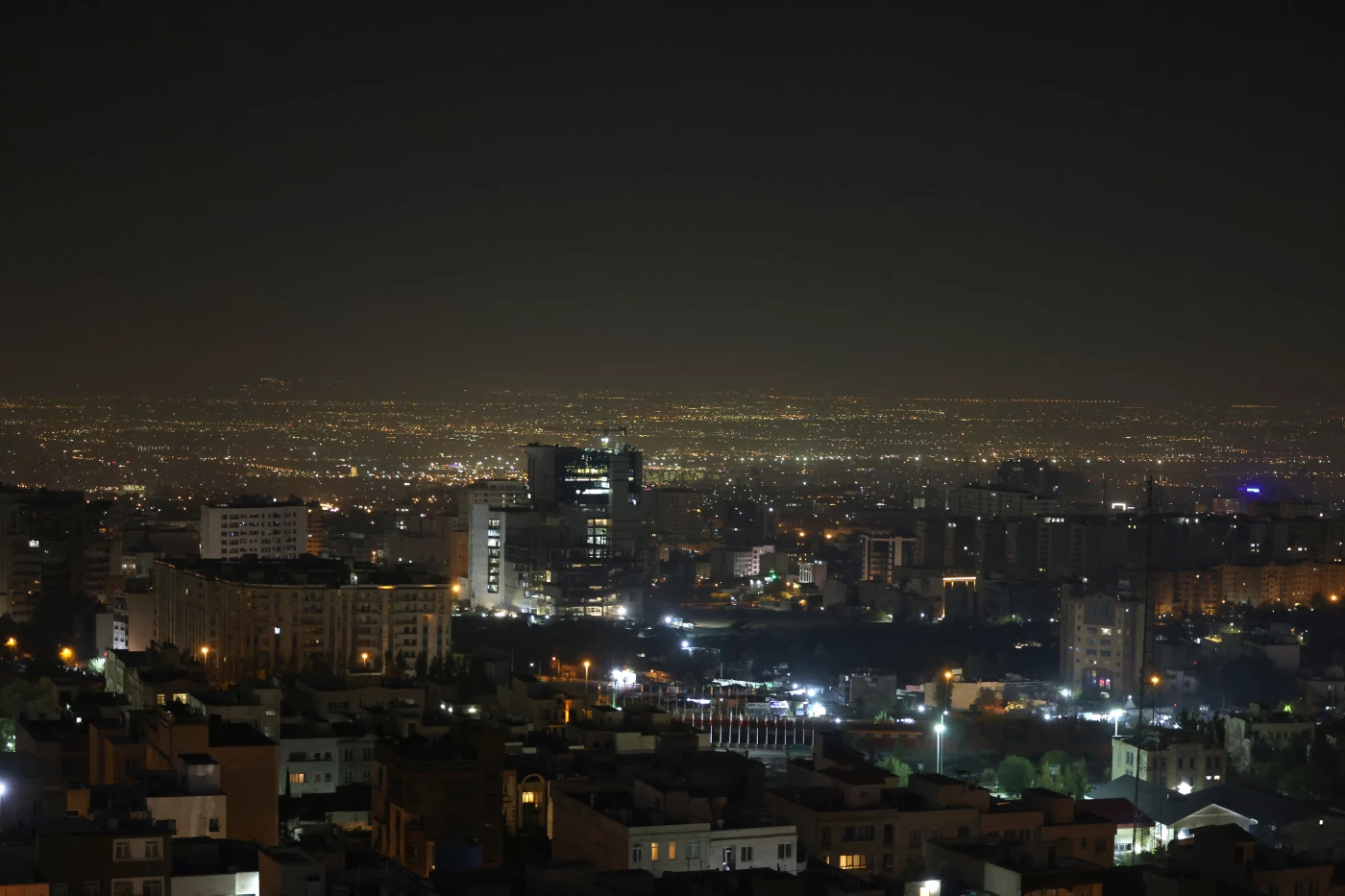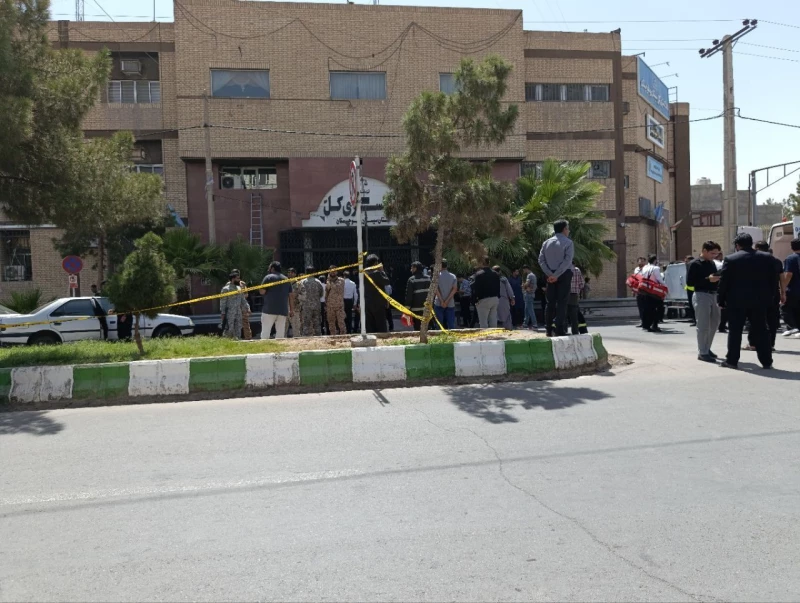DUBAI, UAE - Israel conducted a series of airstrikes on Iranian military targets early Saturday, igniting a new wave of tensions across the region. The strikes targeted facilities across Tehran, Khuzestan, and Ilam provinces, prompting Iran’s Civil Aviation Organization to temporarily close its airspace due to security concerns.
The operation, dubbed “Days of Repentance” by the Israeli military, was directed by Israeli political leadership in response to what they have described as escalating Iranian attacks on Israeli territory and civilians.
The Israeli military said that the airstrikes aimed at disabling key Iranian military sites, including missile production facilities that Israel alleges were used to manufacture rockets aimed at Israeli territory. Israel also reported targeting Iranian air defenses and surface-to-air missile systems, which it claims were intended to restrict its operations in Iranian airspace.
“All our aircraft have returned safely to base,” a spokesperson for the Israeli military announced, claiming that the operation achieved its objectives. According to the Israeli army, the precision strikes resulted in significant damage to the targeted sites without broader harm.
Iranian authorities on the other hand claimed that Iran’s air defenses had successfully intercepted most of the strikes, limiting damage to minor structural harm at select installations.
Iran’s semi-official Tasnim News Agency refuted Israel’s claims that 20 Iranian military points were targeted, stating that the real number was “far less” than that.
The Iranian Air Defense Command reported that while the attacks were widespread, defense systems managed to prevent serious impact in Tehran and surrounding areas. Iranian state media further refuted foreign media claims of damage to major infrastructure, confirming that Imam Khomeini and Mehrabad airports in Tehran continued operations without interruption.
Israel accused Iran of destabilizing regional security and disrupt the global economy through proxy activities across the Middle East. The Israeli military leadership said that the operation demonstrates their ability to strike strategic targets deep within Iranian territory, with a focus on neutralizing Tehran’s offensive capabilities.
Following the airstrikes, Iran’s Civil Aviation Organization ordered an immediate suspension of flights through Iranian airspace. Iranian officials warned that Israel "will face appropriate consequences" and indicated that Iran reserves the right to respond.
The aviation organization announced that flights will go back to normal at 9 am.
The Israeli Home Front Command announced it has not issued new safety instructions for the public but is monitoring the situation and remains on high alert.
Iran’s Islamic Revolutionary Guards (IRGC) launched around 200 ballistic missiles toward Tel Aviv and several other regions of Israel on October 1. Tehran claimed that ninety percent of the missiles hit their targets, while Israel and the US said that most of the projectiles were intercepted.
Israeli top officials warned Iran to expect “severe consequences” following the attack.
The international community has expressed concern over the heightened risk of broader conflict, as both Iran and Israel signal a willingness to respond if the situation escalates further. Iranian sources noted that suitable retaliation might follow if Israel continues its strikes, adding new uncertainty to an already volatile region.


 Facebook
Facebook
 LinkedIn
LinkedIn
 Telegram
Telegram
 X
X



